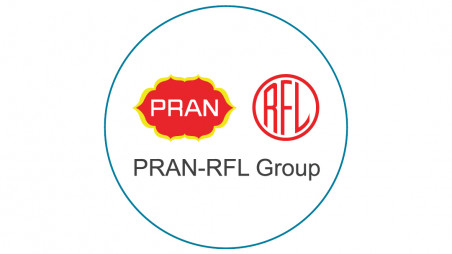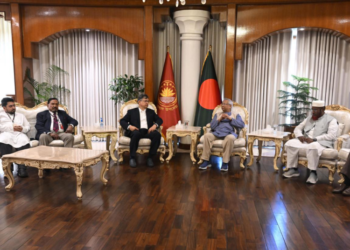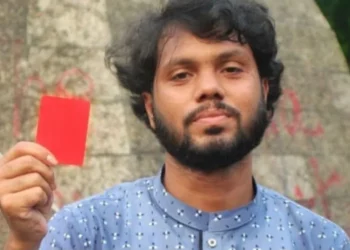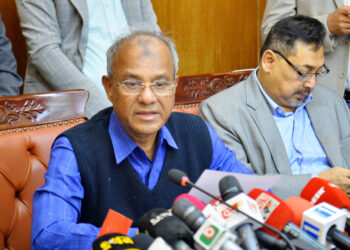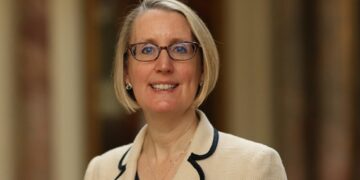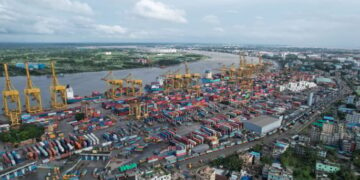PRAN-RFL Group is making an enormous leap towards renewable energy and sustainable industrial development with its inauguration Monday of a 100-megawatt (MW) solar power plant at its vertically-integrated agribusiness farm in Moulvibazar. It is its formal entry into the solar power project in Bangladesh, with the power being fed to nearby apparel makers of international fashion brand H&M.
The trail-blazing project is financed by the member of the World Bank Group, International Finance Corporation, as evidence of growing international appetite for sustainable infrastructure in the markets of rising countries such as those in the region. The transaction is expected to be inked at the ongoing Bangladesh Investment Summit, an international meet inviting international investors into the country’s expanding economic fold.
Targeting Sustainable Supply Chains
It is in response to increasing demand for green supply chains within the global fashion industry that PRAN-RFL has taken the initiative. Recently, H&M, the Swedish fast fashion chain, promised it would utilise renewable energy in its supply chain, while the solar power generated at PRAN-RFL’s factory would directly assist their suppliers in Bangladesh in lowering their carbon footprints.
Read more: Shomvob: Changing the Way Bangladesh Connects Jobs and People
It is significant for us but for the country’s industrial sector as a whole, PRAN-RFL Group’s Chairman and Chief Executive Officer Ahsan Khan Chowdhury said. “We want to make an example out of this in terms of promoting clean power and facilitating the sustainable growth of Bangladesh. Solar power for garments will make our local producers competitive in the global economy, where sustainability is on everyone’s mind now.”
Strategic Financing for Global Support
IFC’s move is in line with its initiative to fund renewable power schemes in South Asia. PRAN-RFL officials and the IFC, however, did not reveal the terms of the deal, but established that the venture would be carried out via long-term investment as well as technical assistance in order to maintain high operational as well as environmental standards.
“This project checks several boxes it promotes clean power, benefits local companies, and supports climate objectives,” an IFC spokesman stated at the summit. “It is demonstrating the size for the private sector to drive green transitions in the developing markets.”
Policy gaps create concerns
Notwithstanding the optimism, stakeholders and also specialists in the industry are urging the government to fast-track the development of a definite policy on selling, buying, and also distribution of power. As it stands, the lack of a properly developed structure is a hindrance for independent power producers to sell power directly to consumers in the industrial sector.
“The policy framework must catch up with the market,” Director Research at the Centre for Policy Dialogue (CPD), Dr. Khondaker Golam Moazzem, observed. “Without policies clear in their intent, such plans can become mired in operational uncertainty. The government must act quickly in order that an institutional window is open for conducting private power deals.”
Private sector-led renewable energy initiatives, whose ability to significantly decrease dependence on fossil fuels as well as bring power access in commercial regions can be achieved in their maximum capacity only if stakeholders deem that the policy environment should be revived, they opine.
A Model for Future Projects
PRAN-RFL’s entry into solar power can serve as an opener for other companies’ groups into clean power production. In view of increasing costs of power and environmental issues, corporations are likely to plunge themselves into renewable power production, as long as regulatory hurdles are removed.
The location of the solar farm Moulvibazar is strategic as well. It is an area with ample land and sunlight, making it an ideal area for solar farms. And PRAN-RFL’s composite business in the area provides an excellent logistical as well as infrastructural base for establishing such a huge power project.
Looking Ahead
As Bangladesh marches ahead with its goal of generating 40% of its power from renewable sources by 2041, private investments like PRAN-RFL’s solar power plant can play a game-changing role in enabling it to achieve this goal.
But the viability of such projects will hinge, not just on investor interest as well as financing, but on how quickly and seamlessly the government is able to align its energy policy with the rapidly evolving global energy landscape. If it is successfully carried out, the project can be a benchmark for public-private partnerships in clean power a success for Bangladesh as an internationally competitive sustainable sourcing destination for global brands.

